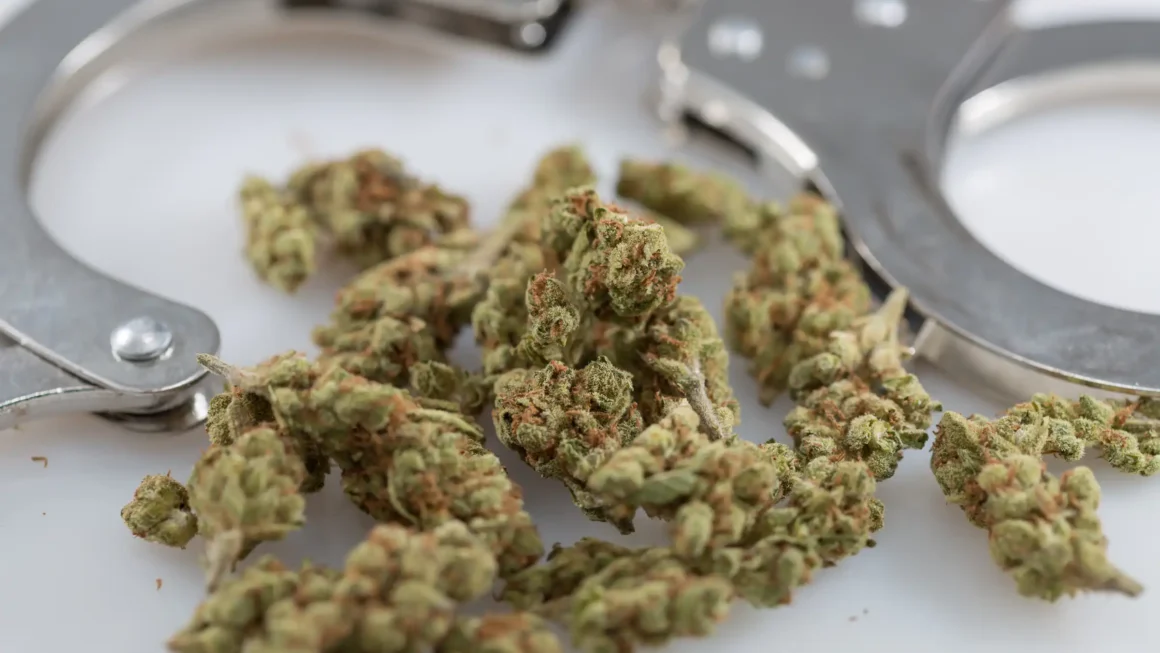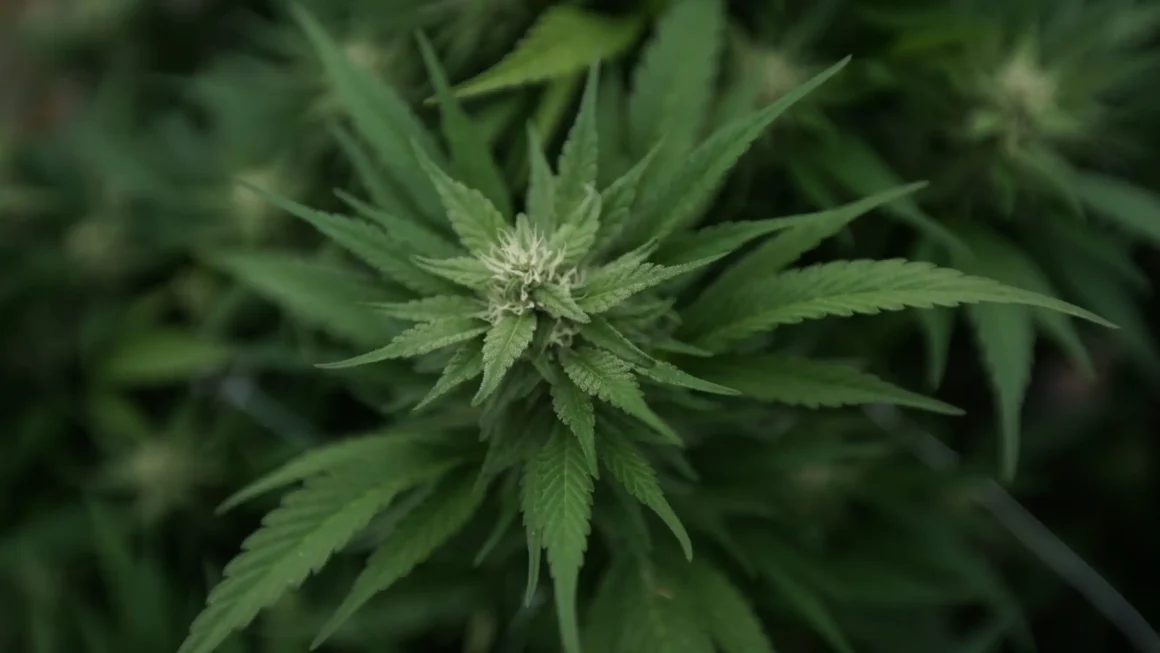For decades, Whoopi Goldberg has spoken about cannabis the same way she speaks about life: plainly, honestly, without pretending it started mattering yesterday.
On February 10, Goldberg will bring that voice to the stage at IgniteIt’s Market Spotlight: New Jersey, joining a live, moderated conversation that centers on cannabis, wellness, and entrepreneurship. The 30-minute session, scheduled from 1:30 PM to 2:00 PM, will feature Goldberg alongside her business partners Davina Kaonohi and Melissa Jochim, founding partners of Beauty Evolution. The discussion will be moderated by New Jersey attorney Lou Magazzu.
This is not a keynote. It is a conversation. And for those who have followed Goldberg’s relationship with cannabis over the years, it is also a continuation.

When Goldberg spoke with Javier Hasse, she described cannabis not as an abstraction or an industry trend, but as something that had been present in her life for a long time, first as a way to manage pain and later as something more expansive.
“Cannabis is probably the greatest medicine on the planet that everybody can have,” Goldberg said at the time. For her, the plant entered her life in a practical way. “For people like me, it was always used to stop the cramps. And the side hustle of that is that it was fun, it made you laugh and stuff.”
That mix of relief, humanity, and normalcy runs through how she continues to talk about cannabis. In the same interview, she questioned why medicine is so often framed as something cold or punitive.
“Medicine doesn’t have to be horrifying,” she said. “Especially when it’s herbal, when it’s growing out of the ground and doesn’t need an additive, which means it can stay reasonably priced for people to go pick it up.”
Goldberg has also been consistent about something else: access. She has spoken repeatedly about keeping medicine in the hands of people, and about resisting the idea that healing must be complicated to be legitimate.
“You don’t have to mix it with things you can’t pronounce,” she said. “It is what it is. It is clean, it is strong, and you can regulate how much strength you need depending on what you’re doing with the plant.”
That long view is part of what makes her appearance at Market Spotlight feel distinct. This is not a celebrity drop-in or a branding exercise. It is a moment shaped by lived experience and continuity.
At Market Spotlight: New Jersey, Goldberg, Kaonohi, and Jochim will discuss how that perspective informs their work today, including the evolution of WhoopFam’s new wellness line and the broader intersection of culture, wellness, and entrepreneurship. The session arrives in the middle of a packed agenda that reflects just how complex and consequential the New Jersey cannabis market has become.
For Goldberg, the throughline remains simple. “Medicine should be in the hands of people,” she said. On February 10, that idea will be explored out loud, in real time, in front of an audience that understands just how much is at stake.
High Times is a media partner of the IgniteIt Market Spotlight.
About IgniteIt’s Market Spotlight: New Jersey
Tuesday, February 10, 2026
The Westin Jersey City Newport
IgniteIt’s Market Spotlight: New Jersey returns after a sold-out 2025 event that drew more than 500 attendees, offering a focused, one-day forum for operators, investors, regulators, and executives navigating one of the most closely watched cannabis markets in the country.
The 2026 program features regulators from the New Jersey Cannabis Regulatory Commission, senior executives from leading multi-state operators, capital markets leaders, retail founders, brand builders, and policy experts. Sessions throughout the day will examine federal rescheduling, capital access, margin discipline, cultivation strategy, retail saturation, trust and branding, and the evolving feedback loop between the New York and New Jersey markets.
Confirmed speakers include industry leaders such as Jason Wild, Tim Seymour, Jesce Horton, Rachelle Gordon, Laurie Parfitt, Jeremy Rivera, and senior representatives from state regulatory bodies, alongside dozens of operators and founders shaping the region’s cannabis economy.
In addition to panels and fireside conversations, the event emphasizes strategic networking, with structured opportunities to connect directly with decision-makers across the market.
IgniteIt’s Market Spotlight: New Jersey runs from early morning registration through an evening cocktail reception, offering a full day of education, insight, and connection.
Whoopi Goldberg Session:
1:30 PM to 2:00 PM
More information and registration details are available at: https://www.cannabismarketspotlight.com/new-jersey-2026/home





